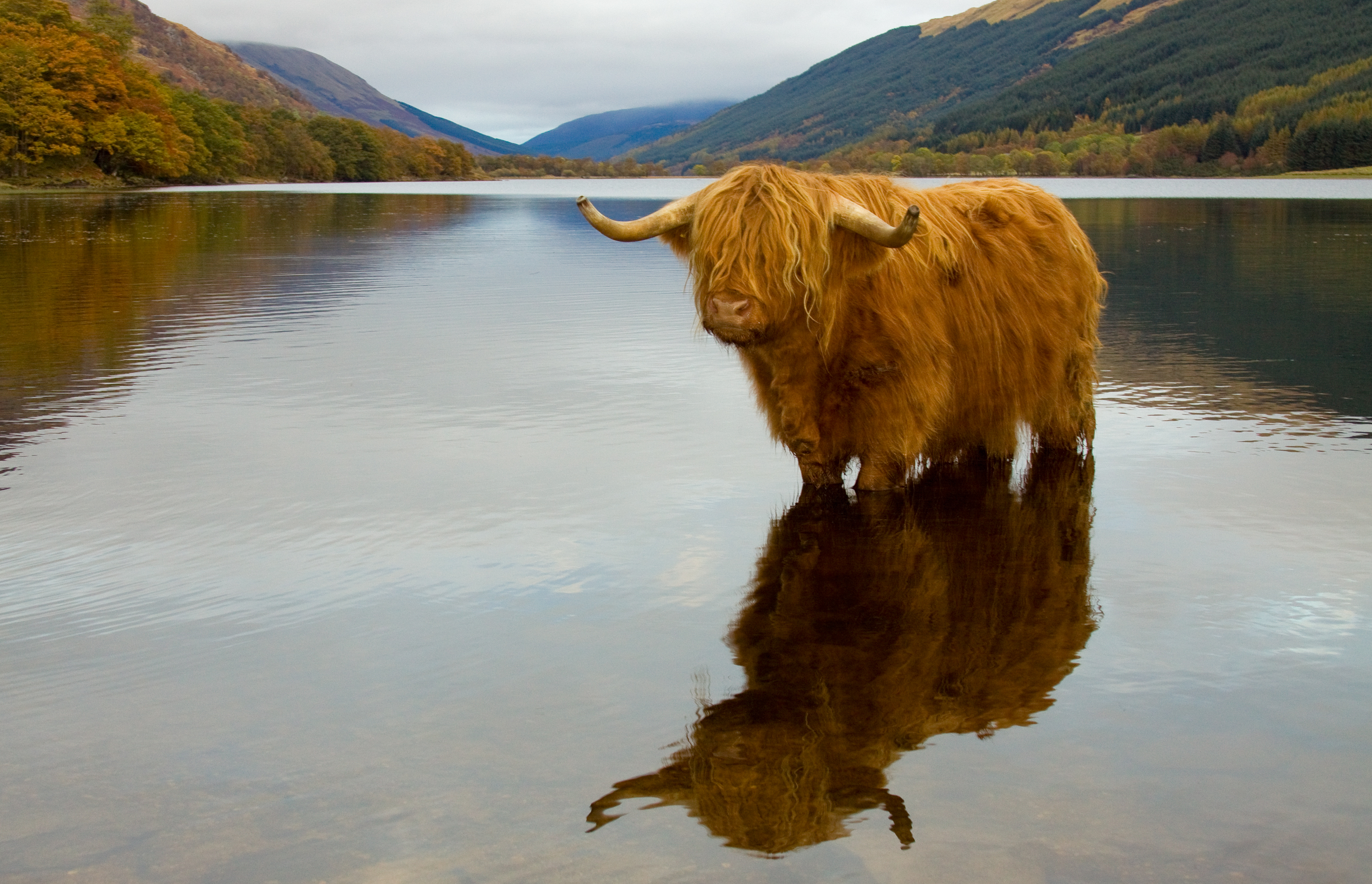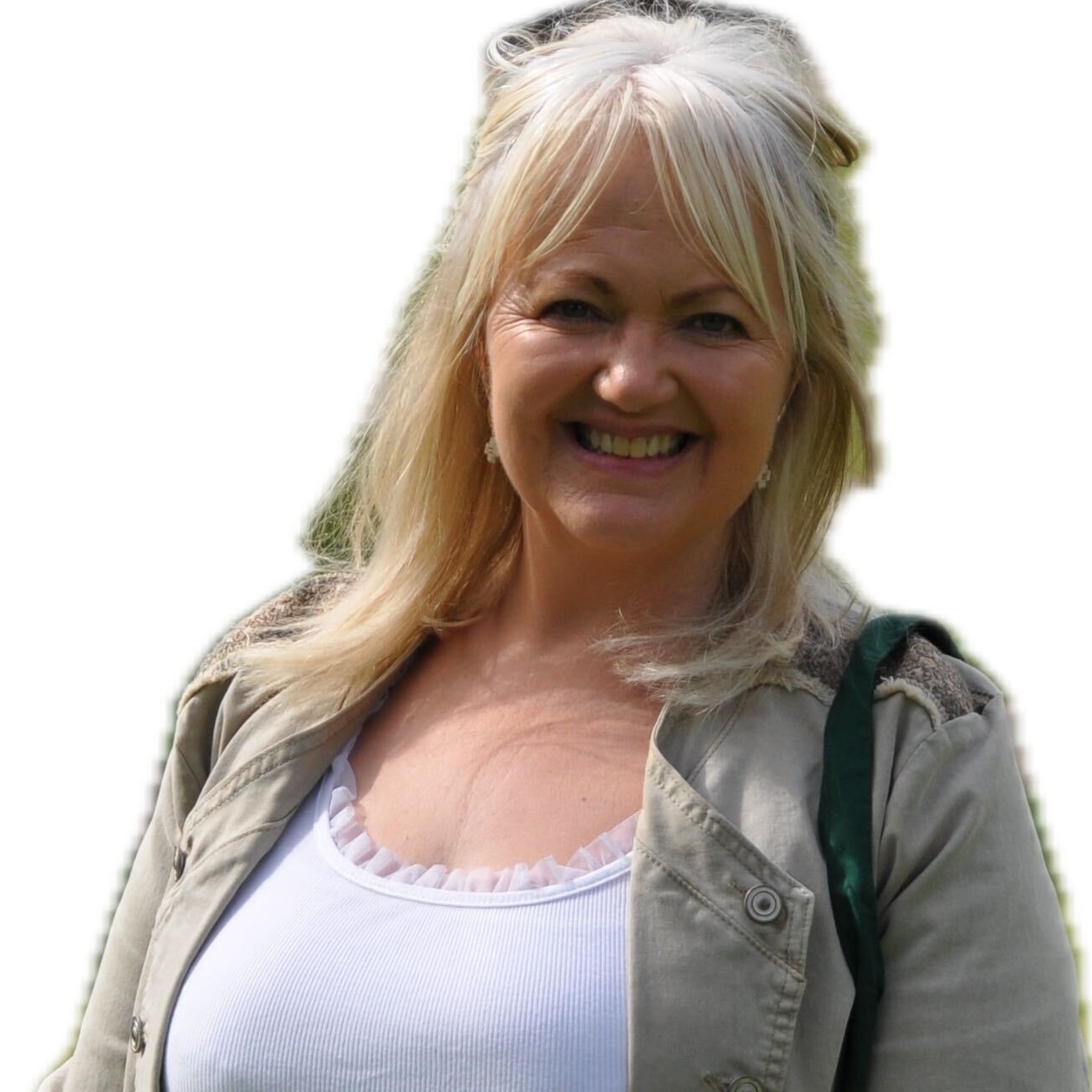The rapid decline of our local abattoirs means we can no longer claim to be a country with leading animal welfare standards
Once the backbone of ethical, small-scale meat production, these essential processors are disappearing fast.

Rosie Paterson

Livestock are still frequently having to travel unacceptable distances to abattoirs. This perennial issue, a proverbial thorn in the side of meat producers, has rumbled on for years and has now been further substantiated by a report from the Sustainable Food Trust, Soil Association and Rare Breeds Survival Trust.
The report is based on the findings from an earlier online survey of 850 farmers and land managers, many of whom said that their animals’ welfare was compromised by a typical journey of about 30–40 miles to their nearest abattoir.
Gemma Haines uses Highland cattle for conservation grazing on common land near her Bridgend farm in Wales, sending four from her herd of 30 to slaughter each year. ‘Up until earlier this year, I used a facility that was 15 minutes away, but, due to the width of my animals’ horns and the potential for them to get trapped in the race, they stopped taking them, so I was forced to drive to an abattoir in Gloucester, a journey of 90 minutes. I care for all my cattle from birth and the fact that one had sweated up and looked so wide-eyed and stressed after so long on the road really upset me. Next week, I’m transporting two steers to Haverfordwest, also a 90-minute journey, and I’m not looking forward to it.’
According to the British Meat Processors Association, there are 203 abattoirs in the UK, compared with about 2,500 in the 1970s, with closures a common occurrence. One-third of survey respondents reported that their local abattoir — often family-run businesses — had closed in the past five years. The reasons include rising energy costs, complex regulations, and labour shortages.
According to Country Life's editor-in-chief, Mark Hedges, the town of Alresford, Hampshire — close to where he lives — used to have its own abattoir. It shuttered several decades ago and locally-reared animals now have to be transported to the west country to be slaughtered. And these longer distances are a contributing factor to rising food prices.
The report’s recommendations include formally recognising the UK-wide abattoir network as Critical National Infrastructure, to guarantee its inclusion in farming-related strategies, plus regulation reform and developing solutions at a local level.
Exquisite houses, the beauty of Nature, and how to get the most from your life, straight to your inbox.
Julie Harding is Country Life’s news and property editor. She is a former editor of Your Horse, Country Smallholding and Eventing, a sister title to Horse & Hound, which she ran for 11 years. Julie has a master’s degree in English and she grew up on a working Somerset dairy farm and in a Grade II*-listed farmhouse, both of which imbued her with a love of farming, the countryside and historic buildings. She returned to her Somerset roots 18 years ago after a stint in the ‘big smoke’ (ie, the south east) and she now keeps a raft of animals, which her long-suffering (and heroic) husband, Andrew, and four children, help to look after to varying degrees.
